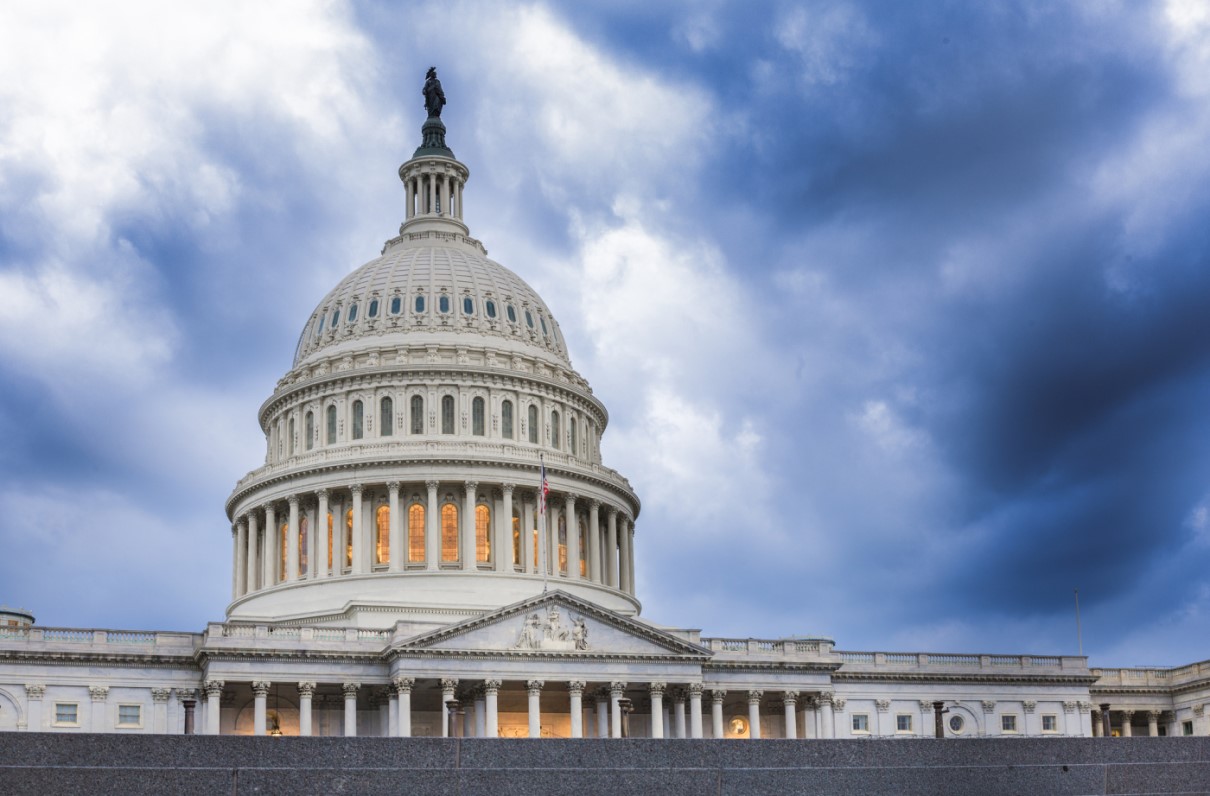By Allison Reilly and Brenden McMahon, MOAA Government Relations
The last year Congress and the White House enacted the necessary legislation on time to fully fund the government for the upcoming fiscal year was for FY 1997. FY 2022 started like every other year since then, with no budget and the need for a continuing resolution (CR) to ensure the government kept its doors open.
MOAA, as a uniformed and veterans service advocacy organization, follows closely several parts of the budget process in Congress. Of particular interest are the Defense Appropriations Subcommittee, which has jurisdiction over the budget for DoD, and the Military Construction-Veterans Affairs (MilCon-VA) Appropriations Subcommittee, which oversees funding for military construction and the VA.
Additionally, MOAA closely follows the National Defense Authorization Act (NDAA), an annual bill authorizing DoD to establish new programs and modify existing ones. However, unlike its appropriation counterparts, the NDAA does not provide funding for the programs it authorizes.
[RELATED: NDAA Amendment Could Stop Proposed Arlington Burial Eligibility Changes]
Why Is This Important?
Missing the Oct. 1 deadline has tangible consequences: Implementation of new programs is delayed, DoD and other federal agencies cannot modify or discontinue existing programs, and agency leaders begin the new fiscal year with the burden of an unpredictable budget.
In cases where there is not a budget, Congress can pass a CR, which carries over the appropriated funding set in the last fiscal year through the date that the CR ends. For the start of FY 2022, the 117th Congress passed H.R. 5305, a CR that extended funding for federal agencies and programs through Dec. 3, 2021.
The NDAA, Defense, and MilCon-VA appropriations have been consistently closed out well after the deadline of Oct. 1 each year in the last two decades, with few exceptions. Defense appropriations have been closed out before the end of the fiscal year the most often, totaling six out of the last 20 years. VA appropriations have been closed out before Oct. 1 for three out of the last 20 years, and the NDAA only once.
Although it varies from year to year as to how late these bills are closed out, the data suggest a trend for when this usually takes place: around the 90-day mark, or the start of the new calendar year. This trend would match what MOAA has observed in the last several years for the NDAA, Defense, and MilCon-VA appropriations: passage of these bills generally will take place in December or January versus before the Oct. 1 deadline.
[RELATED: Make Your Voice Heard to Help End Hunger in the Ranks]
Congress has yet to pass a full budget to fund government operations for FY 2022, and even if they do pass the necessary legislation, the damage will already be done by H.R. 5305 and any other continuing resolutions Congress may pass.
MOAA has long advocated for Congress to address their habitual reliance on continuing resolutions in lieu of passing the annual budget and NDAA on time. Increased party division, political grandstanding, the decline of military experience in Congress, and other environmental factors have only worsened these two decades-long trends.
